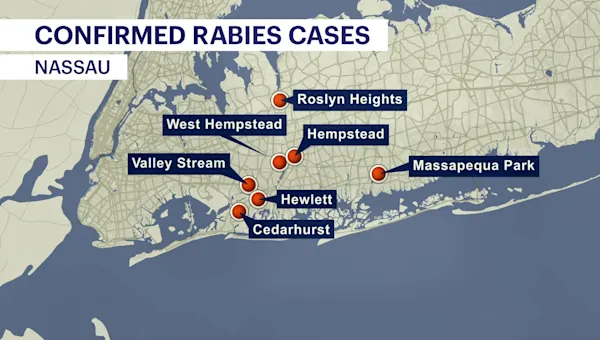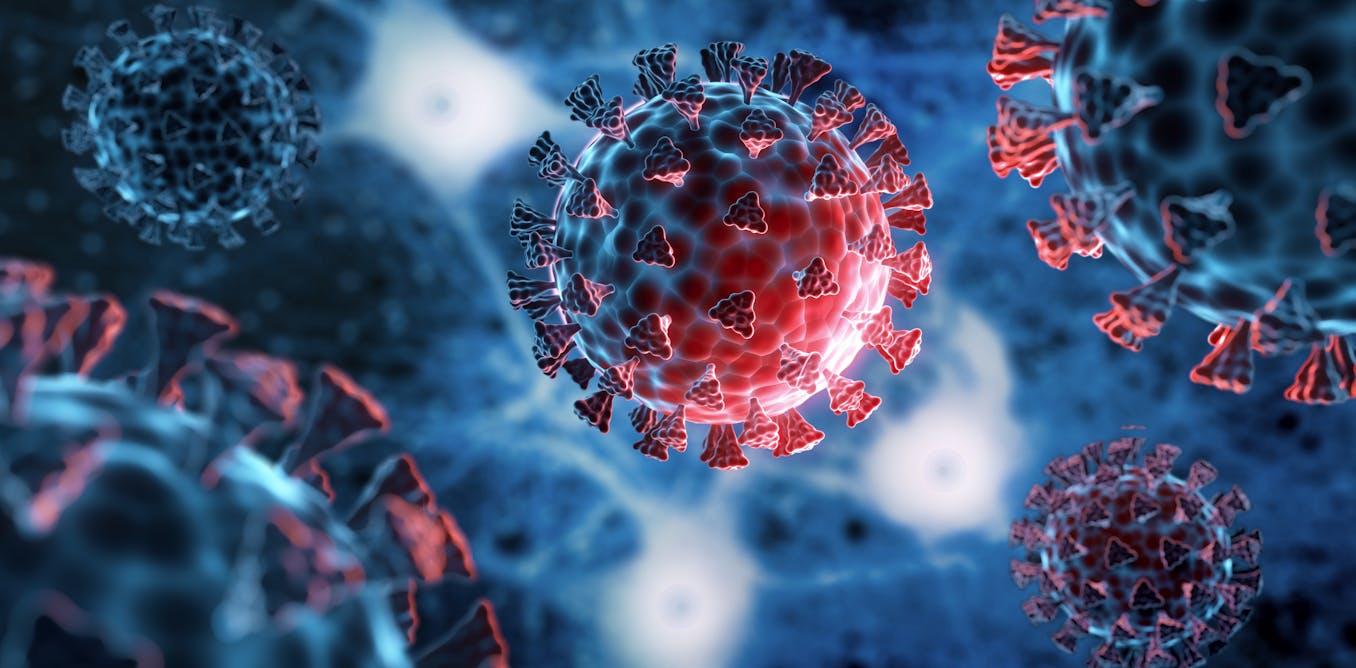T4K3.news
Rabid raccoon reported in Stonington
Health officials confirm a raccoon tested positive for rabies, the third case this month.

Health officials report a rabid raccoon in Stonington, marking a worrying trend.
Rabid Raccoon Raises Alarm In Connecticut
A raccoon found in Stonington has tested positive for rabies, making it the third instance of rabid animals reported in New London County this month. Earlier, a cat in North Stonington and a bat in East Lyme also tested positive for the virus. Health officials are warning the public about the dangers of rabies, which can affect all warm-blooded animals, including humans. They advise avoiding contact with wild animals and stray pets, as the disease can be transmitted through bites or scratches from infected creatures. Rabies is known for its high fatality rate if untreated after exposure.
Key Takeaways
"Rabies is a deadly disease caused by a virus that can infect all warm-blooded animals, including people."
Health officials stress the seriousness of rabies as a contagious disease.
This uptick in rabies cases highlights an ongoing public health issue that needs immediate attention. As more rabid animals are found, the risk to local communities increases. Health officials emphasize awareness and prevention as crucial steps in combating the spread of the virus. With the warm weather encouraging outdoor activities, residents must remain vigilant and avoid contact with animals that may carry the illness. Increased exposure presents a greater risk and underscores the need for effective cross-agency responses to wildlife management and public health safety.
Highlights
- Rabies doesn't only threaten wild animals
- Stay away from wildlife to prevent rabies risks
- Awareness is key in stopping rabies spread
- Health measures can protect communities from rabies
Public health risk from rabid animals
The increase in rabid animal cases poses a significant risk to community health. Precautionary measures are essential to prevent infections.
Community awareness and action are vital in preventing rabies spread.
Enjoyed this? Let your friends know!
Related News

New York Declares Public Health Emergency for Rabies

Rabies declared public health threat in Nassau County

Nassau County issues rabies health alert

Rabies confirmed in cat in North Stonington

Health alert issued after children contract brain-eating parasite

Coyotes are becoming common in urban areas

Rabid fox attacks woman in Bedford County

Vince McMahon's impact on wrestling discussed in new biography
